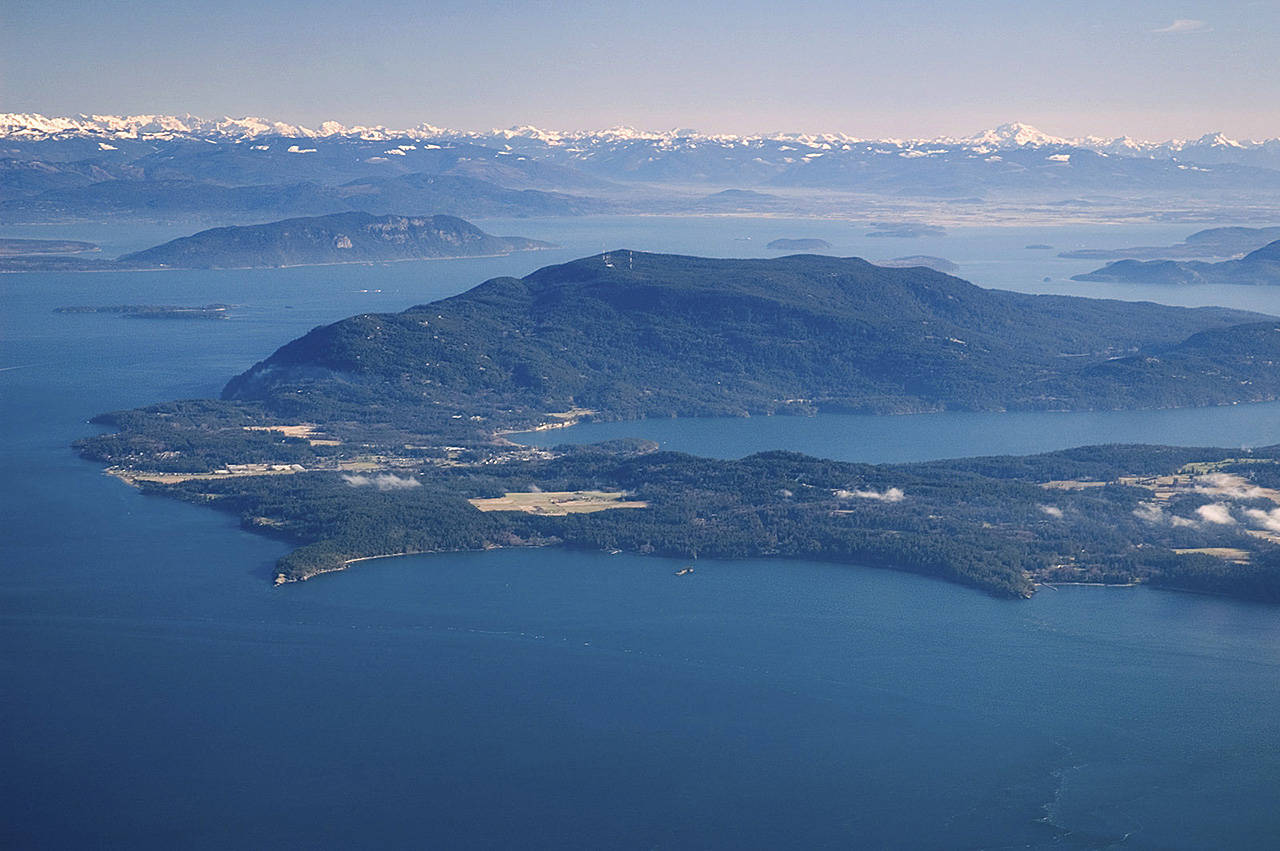By The Herald Editorial Board
Today’s not-so-trivial trivia question: On which has the federal government spent more — one Gerald R. Ford-class aircraft carrier or cleanup and habitat restoration projects throughout Puget Sound and other Western Washington coastal waters?
It’s not even close. One new aircraft carrier runs the government $12 billion. Last year, the federal government through the Environmental Protection Agency provided $28 million for projects in the Puget Sound region and southern waters of the Salish Sea. It would take about 428 years of federal support for Puget Sound restoration projects to equal one new carrier.
That’s not to question the importance of carriers to the U.S. Navy, two of which, the Nimitz and the Lincoln, have added much to the economy and community of Everett and Snohomish County.
But it does offer a stark comparison following the release Thursday of President Trump’s federal budget proposal, which seeks to boost military spending next year by $54 billion to $639 billion — and tacks on $2.6 billion for the border wall and another $1.4 billion for school choice programs — at the expense of deep cuts to 19 other federal agencies and other programs. Trump seeks the deepest cuts at the State Department and EPA.
And his budget completely eliminates federal spending on Puget Sound recovery as well as other regional programs elsewhere in the nation, including the Great Lakes and Chesapeake Bay.
Among the cuts most concerning to Washington state residents are to the EPA and its grant funding. Overall, Trump seeks to slash the federal agency’s budget by 31 percent and lay off about 3,200 employees. His budget also makes cuts to climate change research and its programs.
But locally, the $28 million allocated last year for Puget Sound projects would be cut completely, zeroed out.
That’s an insult to Puget Sound and the state.
This comes six months after the U.S. Army Corps of Engineers and the EPA committed more than $600 million in federal funding for habitat restoration, stormwater runoff, shellfish sustainability and other work to improve the health of Puget Sound in coming years.
“It’s important to realize that these aren’t just numbers on the page,” Chris Wilke, executive director of Puget Soundkeeper, told the Seattle Weekly earlier this month. “These are programs that are cleaning up toxic pollution, going to construct water treatment facilities. … This is not about enforcement, about issuing fines, this is about actually protecting our air and water and some of our most cherished national areas.”
This is not funding that can easily be picked up by the state. An atlas of regional recovery projects since 1985, kept by the Puget Sound Partnership, shows the state has paid the tab on nearly half of the $922 million in projects listed, providing $449 million in funding to the federal government’s contribution of $231.5 million and matching funds from other sources of $229 million.
And the state and its Department of Transportation also are responsible for $2.4 billion to improve or replace more than 800 culverts over the next 17 years that have blocked the passage of salmon, following a decision last year by the U.S. Court of Appeals’ 9th Circuit.
While the federal government has a funding responsibility here, state lawmakers can do more to restore state funding that has been cut in recent years. The Washington Environmental Council reported Thursday morning that over the past decade, state funding for environmental programs has been cut from 1.6 percent of the budget to 0.7 percent.
Trump’s budget priorities already are receiving pushback from Democrats and Republicans in Congress, who ultimately are responsible for the budget.
Sen. Patty Murray, D-Washington, responding to an early report of the president’s budget, called the proposed cuts “nothing short of appalling.”
Washington state’s Congressional delegation — both Democratic senators and the six Democrats and four Republicans in the House —need to speak with one voice in opposition to the president’s proposed cuts in assistance not only for Puget Sound, but the Columbia River and the cleanup at the Hanford Nuclear Reservation and other Superfund sites in the state.
The EPA considers Puget Sound an “estuary of national significance,” deserving of protection and restoration. It is that and more.
For the state’s residents, Puget Sound and the waters of the southern Salish Sea are inseparable from our lives, providing jobs, salmon and other seafood, recreation, a marine highway connecting our cities and the priceless values of beauty and inspiration.
As residents of the Evergreen State and citizens of the United States, we share a responsibility to protect it.
Talk to us
> Give us your news tips.
> Send us a letter to the editor.
> More Herald contact information.

























